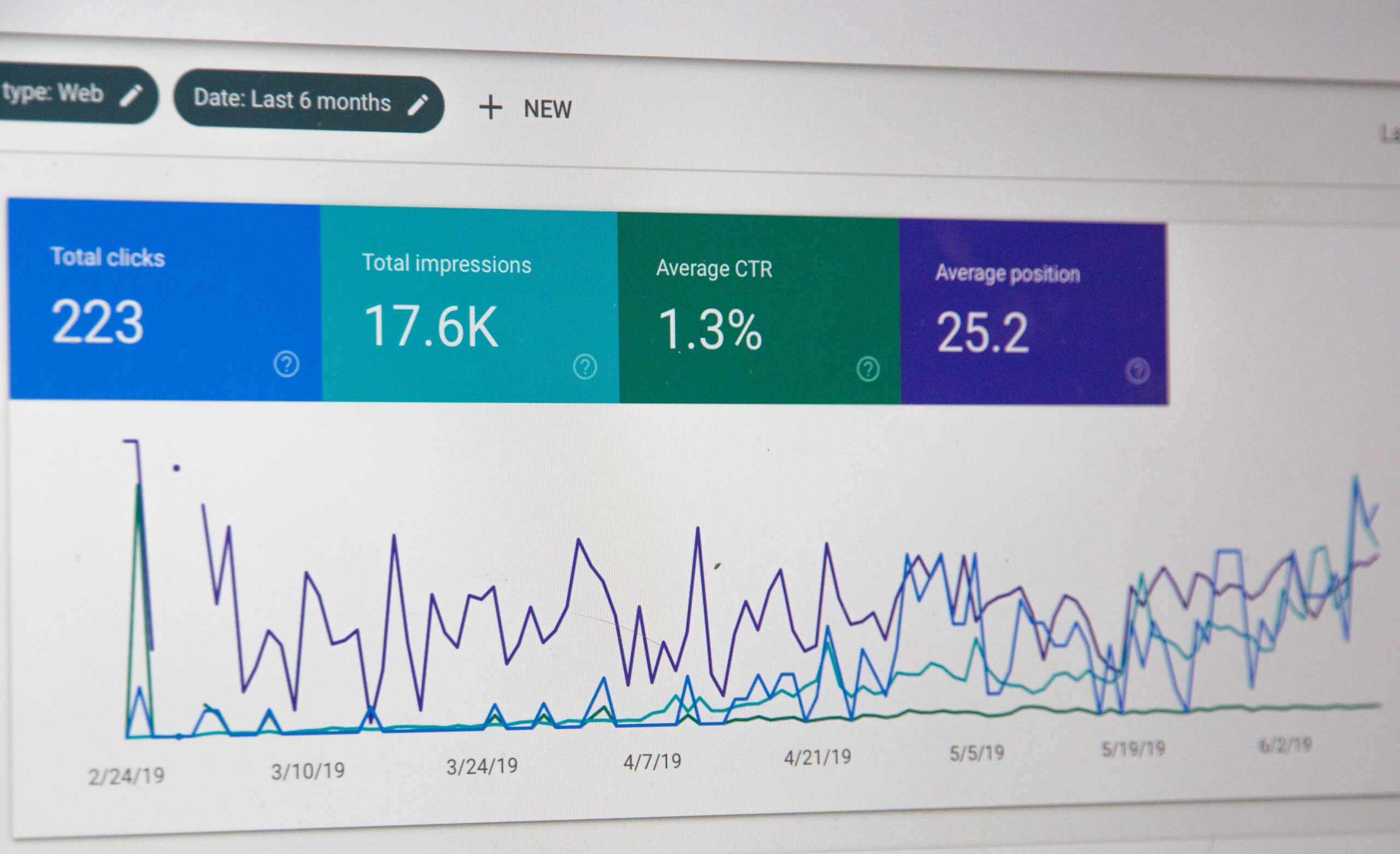
The Unfading Relevance of Offline Marketing
With the dominance of digitalisation and the prevalence of fragmented reading, it is only logical for brands to jump on the bandwagon of online marketing. While enjoying the many advantages of e-marketing, it is easy to overlook the irreplaceable significance of offline marketing.
What is offline marketing?
Offline marketing refers to marketing techniques that are not reliant on the Internet for their dissemination. It encompasses a diverse array of media and formats, spanning from television and radio commercials to billboards and print advertisements, among various offline campaigns. As digital advertising reaches saturation, offline marketing can be as important to draw attention. It can be flexibly adopted side by side with various online campaigns to bring more impacts.
Why does offline marketing still matter?
1. Building Trust
Seeing is believing. Physical advertising is powerful in connecting with audiences instantly. The connection between people and physical objects is similar to the interaction between people. If your brand only communicates with the public online, it is difficult to establish trust and an emotional connection in a sea of competitors where browsers are tempted to swipe your post away. Moreover, traditional advertising relies on well-known local media. When local consumers see advertisements in media they trust and are familiar with, their trust in the product will also increase.

Experiential marketing goes beyond traditional marketing methods to create a deeper impression on potential customers through participation. Unlike traditional advertising where audiences passively receive messages, experiential marketing endeavours to provide in-person experiences that forge a personal connection with the brand.
3. A Strong Local Impact
For local businesses and global brands to address local audiences, advocacy in the community is crucial. Traditional advertising can be customised by analysing the interests, preferences and needs of local communities. By focusing on the local market, businesses can more easily establish solid connections with consumers who are interested in and in demand for their products. Marketing that focuses on local markets can also easily create a word-of-mouth effect.
The synergy of online-merge-offline (OMO) campaigns
What is OMO?
OMO is an advanced version of Online-to-Offline (O2O). O2O focuses on diverting online customers to offline, whereas OMO puts an emphasis on the integration of online and offline customer data to more accurately grasp the audience profile and provide personalised sales services for different consumer groups. In other words, OMO can achieve precise marketing according to the needs of different consumer groups.

Why do we choose OMO campaigns for marketing?
The OMO model provides a consistent consumption experience across all channels. This means both online and offline consumers can enjoy a similar shopping experience and services. Consumers can flexibly choose purchasing methods based on their actual needs and situations, and enjoy more convenient and personalised services. By integrating data, brands can understand members’ consumption behaviour across online and offline channels, and analyse consumer preferences and profiles from a comprehensive perspective through a single platform.Conclusion:
While the digital realm reigns as a primary meeting place for many, more traditional forms of promotion retain their rightful role to play. Wisely leveraging the breadth of communication channels available maximises any marketing initiative’s chance of success.
Voltage X offers an all-round advertising strategy, along with seasoned PR services, that flexibly markets your offline, online, or both.
聯盟行銷(affliate marketing)是甚麼?
我們都見過網紅、名人和公眾人物向公眾推薦產品並説明產品的購買來源。從支持產品到試用影片,或一切針對最新潮流...

SEO VS SEM? What Exactly Is The Difference?
Are you Team SEO or Team SEM? Search marketing has become so impactful nowadays that the debate b


Facebook 和 Instagram 重複發佈相同內容?其實有更好的處理方法
多重發佈(cross-posting)是指在不同的社交媒體平台上發佈相同內容...




